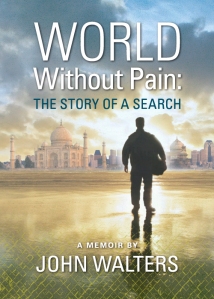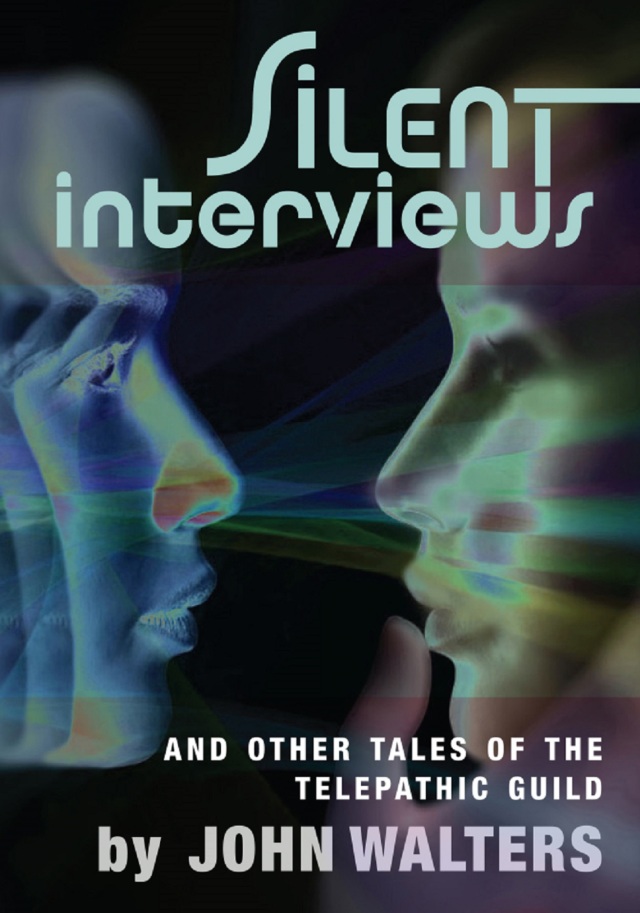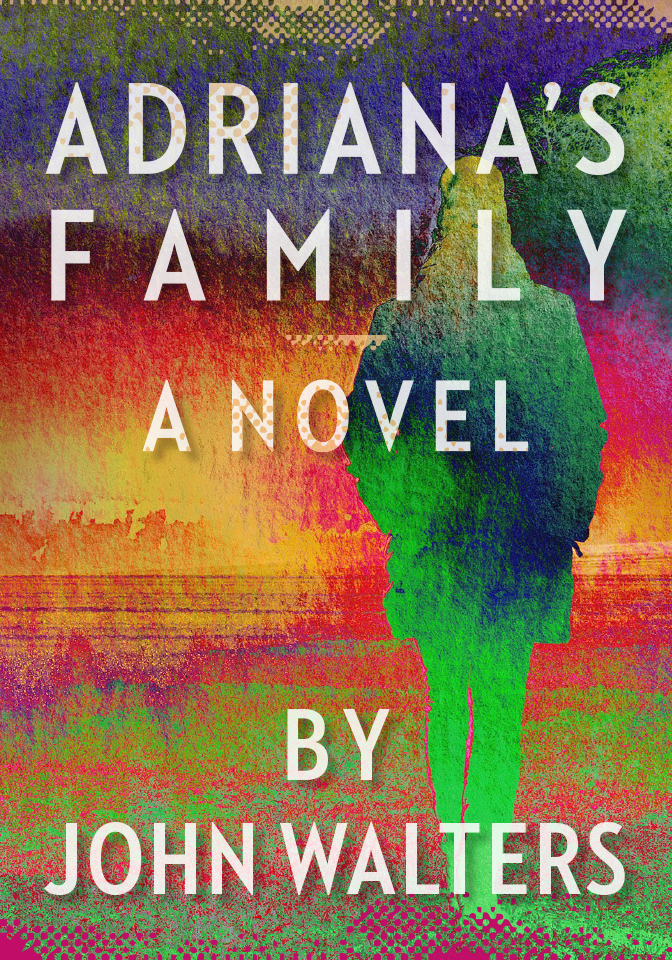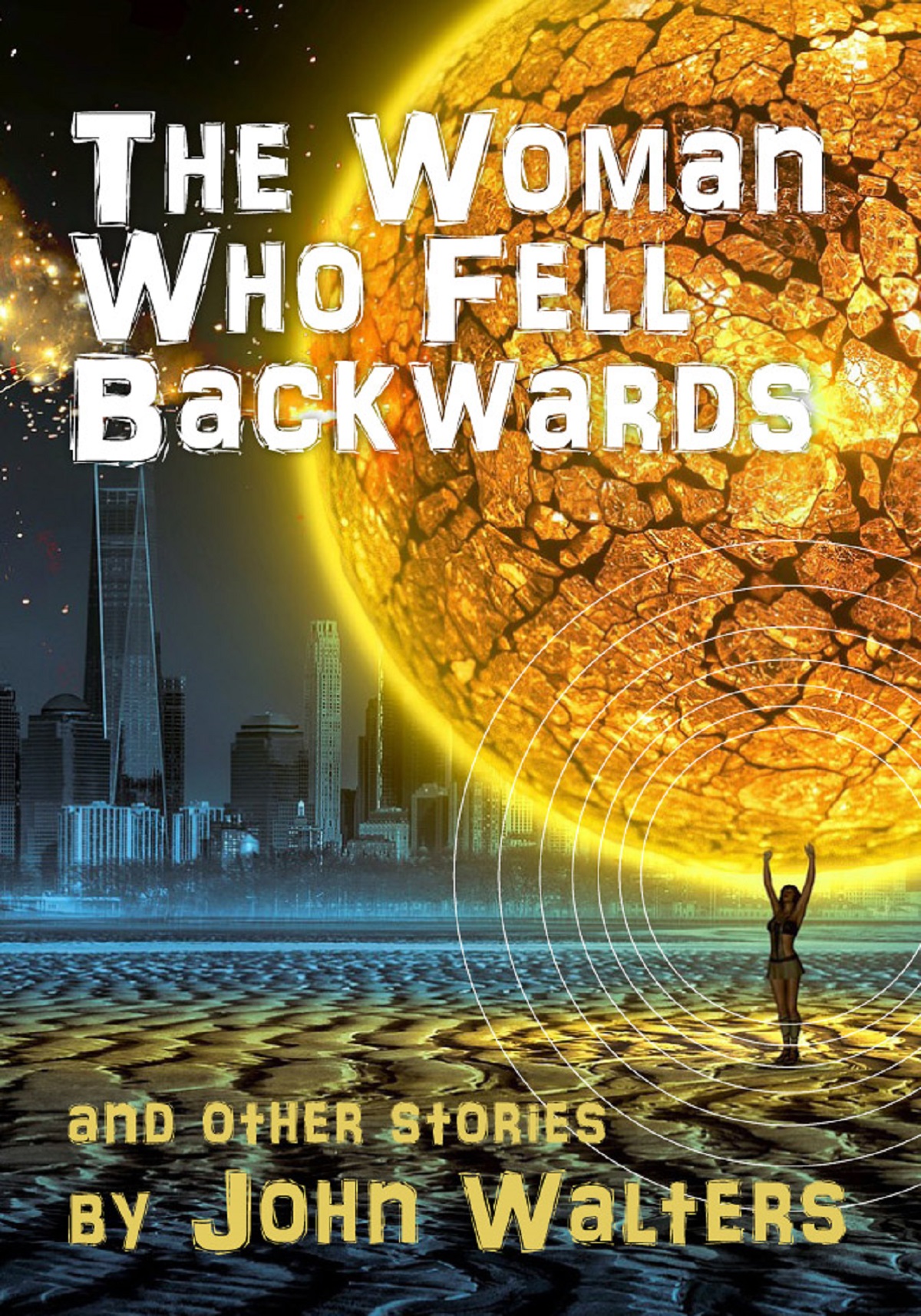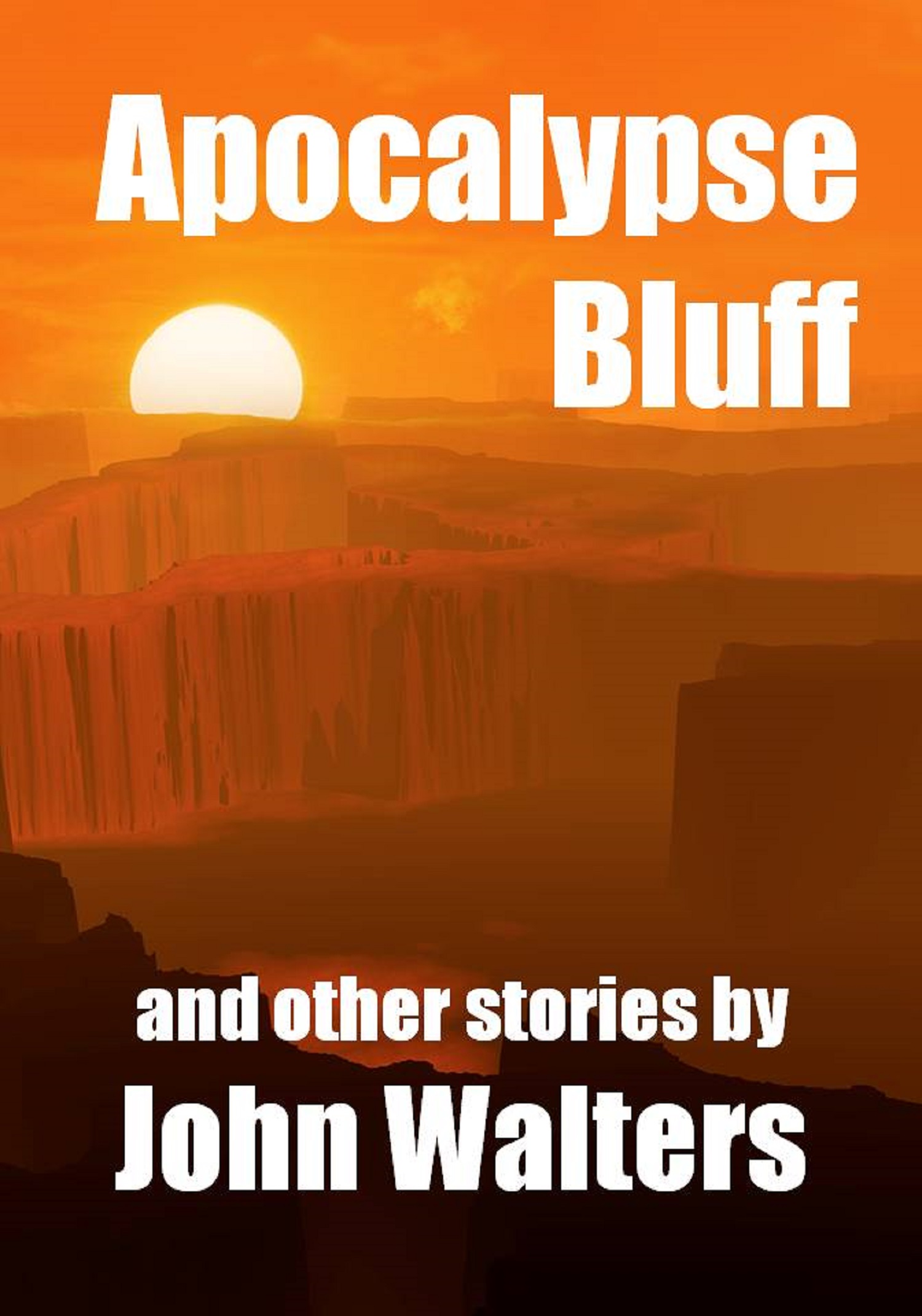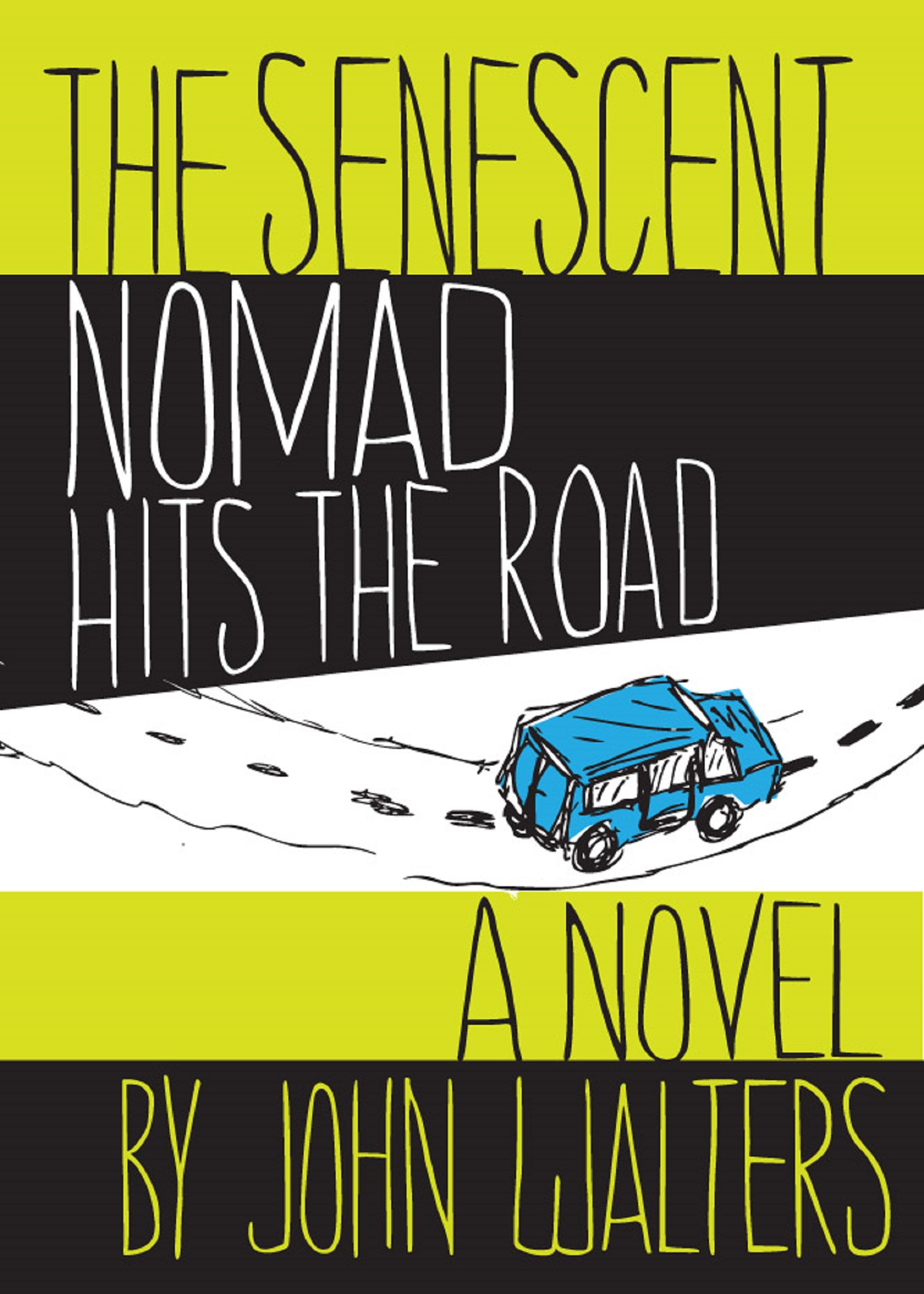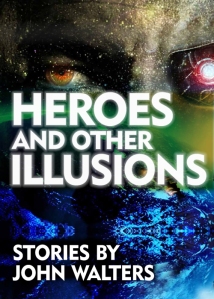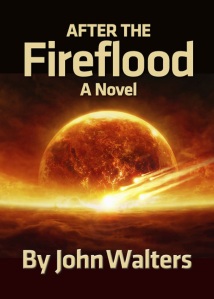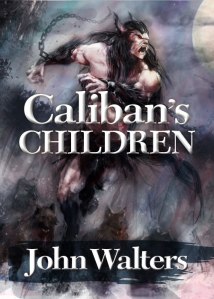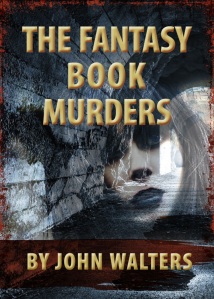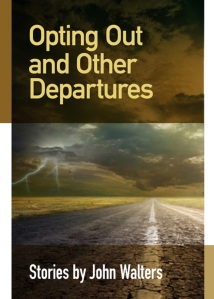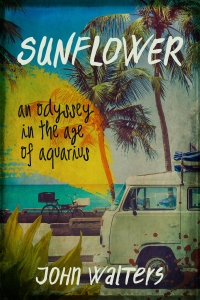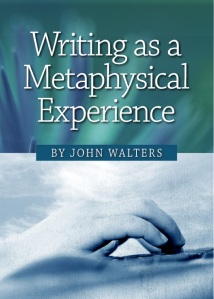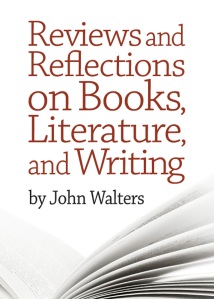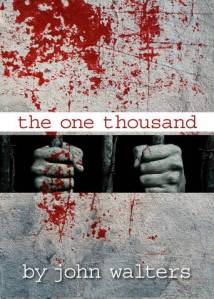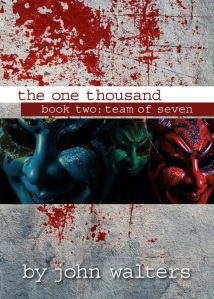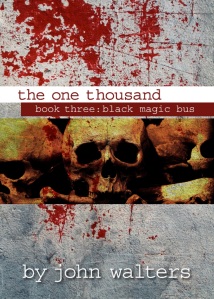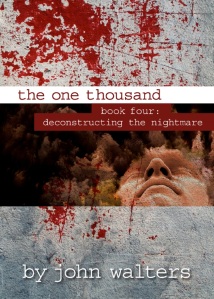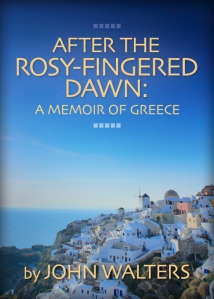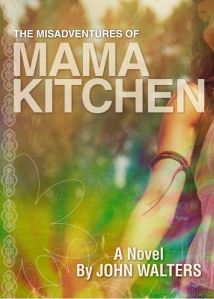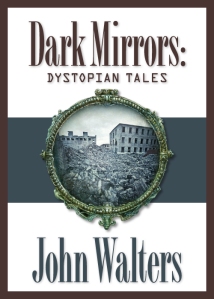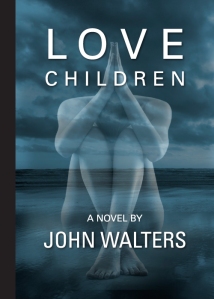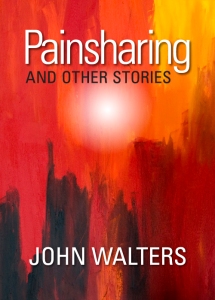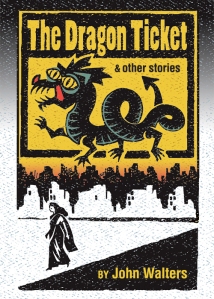I generally read several best of the year short story anthologies each year to keep up with literary and genre trends in publishing. It’s a futile effort, as so much continually gets published, and these anthologies include only a smattering of the great work that is being done. Additionally, these anthologies are not objective examples of the best in their fields, but rather one person’s or two people’s selections of their personal favorites. Still, I don’t have time to read many of the short stories that appear in any given year, and this is one way I can get at least a sampling.
Normally after I read such an anthology, I review it on my blog, pointing out the stories that I feel are the best of the best. However, after reading a recent best of the year anthology, I have decided to forego a review. I thought about it on numerous occasions while I was reading it: should I review it or not? The problem is that I didn’t like most of the stories. Many of them were competently written and technically sound, but they didn’t appeal to me and my personal tastes. And so I thought to myself: am I wrong? Is there any sort of objective right or wrong in matters such as these? If it was forty-five years ago and I was just starting out as a writer, the answer might be maybe. As it is, though, as a result of the many decades I have put in as a writer and a reader, I have to say: no; I’m not wrong. These stories appeal to others but not to me, and that’s all right.
Although I have had published stories reprinted in anthologies, I have never appeared in a best-of-the-year collection, so you might ask: who am I to speak? I’m a writer, that’s who, just as the people who wrote the stories in this anthology I didn’t care for are writers. I’m sure that the anthology will be popular with some readers, while others might react as I did; and that is as it should be.
The point I want to make to myself as well as any other writers out there who may be listening is that regardless of whether your stories may be popular or trendy or win awards or appear in best-of-the-year anthologies, you have to be true to yourself and your own vision and write whatever the hell you want to write. It may be completely different from what that writer you admire so much writes. It may bear no similarity to what critics proclaim as the next new thing. It doesn’t matter. The only thing that matters is that you listen to your voice and write down what it tells you. And if you can’t hear your own literary voice, go somewhere quiet and listen. Before it will become clear to you, you’ve got to block out all those other voices from your relatives and friends and teachers and critics and editors and other writers, all of whom have their own opinions about what constitutes good writing. The only thing that you need to know when you confront the blank page or blank screen is not what they think is good writing but what you think is good writing.
My own search for authentic voice in my writing dislodged me from my complacency in my comfortable home town and took me halfway around the world into a starkly unfamiliar setting. Only then did the old voices die and my own voice arise. Don’t misunderstand me; not everyone has to do that. Although that’s what it took for me, the quest will take different shape for others. But one way or another, you’ve got to tap that fountain within and be ready to catch it once it starts pouring out.
In conclusion, if you want to be a writer, I would suggest that you read widely, nonfiction and fiction, genre and non-genre. However, when you sit down to compose, put that all aside and write from your heart.


